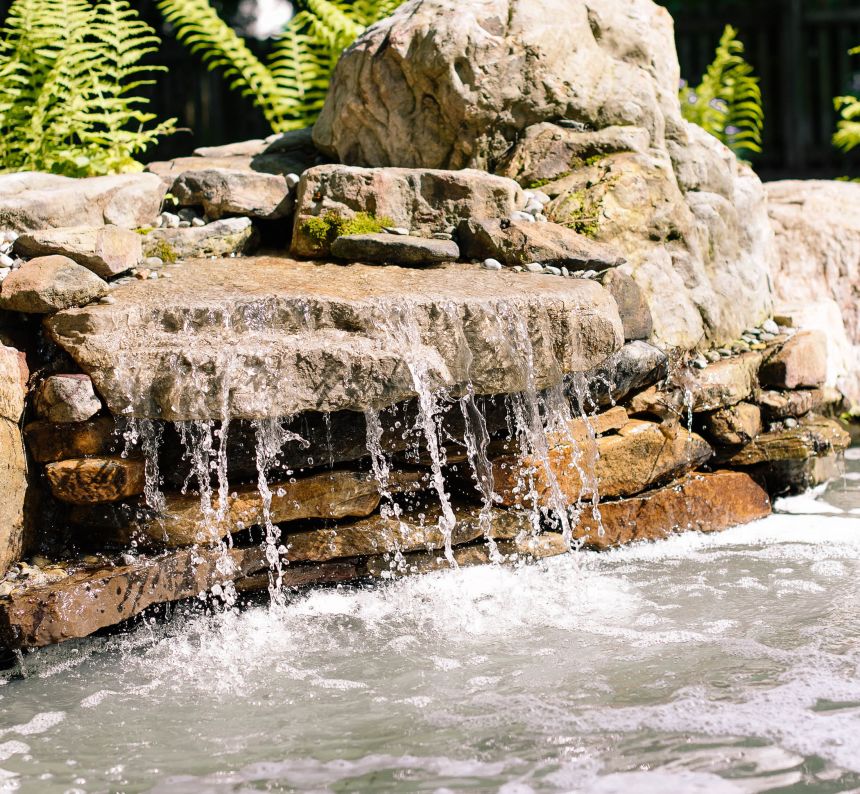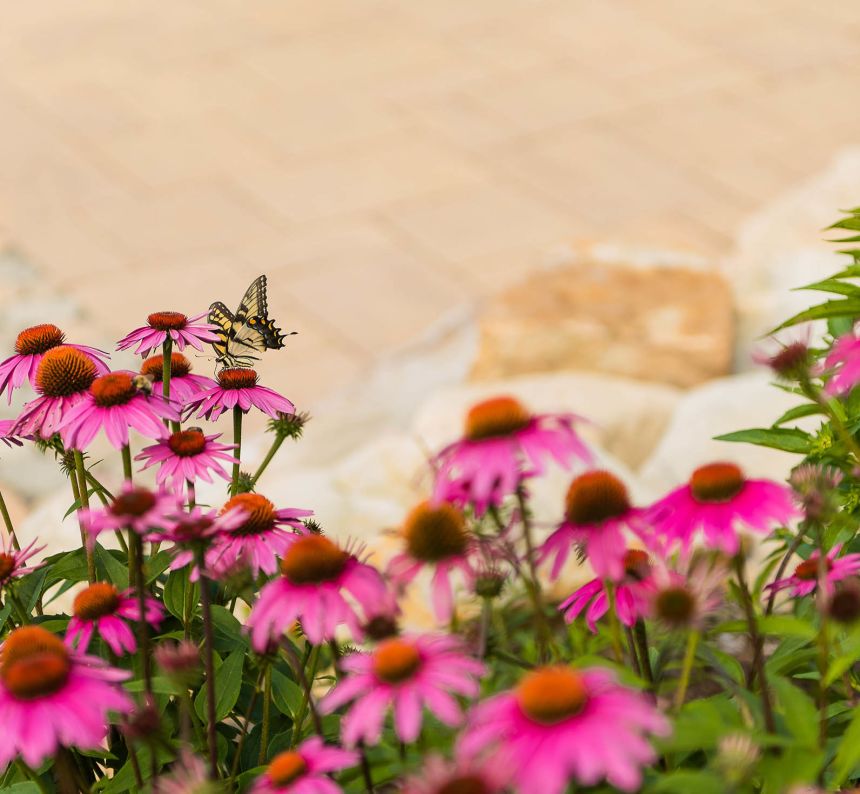Inspiration
Ten Ways an Outdoor Lifestyle can Improve Your Health

Anyone looking to improve their health should start by increasing the time spent outside. Research suggests that time outdoors can improve your physical, mental, and emotional wellbeing. Despite being one of the easiest ways to improve your overall health, the average American only spends 7% of their time outdoors.
In this article, we discuss 10 ways an outdoor lifestyle can improve your health.

1. Relieves Stress
High stress levels are associated with depression, obesity, and high blood pressure. Luckily, there is a natural stress reliever right in your backyard.
Numerous studies show that levels of the stress hormone cortisol are lowered after time spent outside. Additionally, being in a natural setting shows evidence of lower stress levels through a lower heart rate and lower blood pressure.
Suggestion: Studies also show that nature can help create more job satisfaction. If you're working from home, like so many these days, take your work outside on the patio, deck, or porch.
2. Improves Mood: Eases Anxiety & Depression
Researchers have found that nature simply makes us happy. Anxiety, depression, and anger are notably decreased after time spent outside. Our body responds to the outdoors with reduced blood pressure, lower heart rate, and decreased cortisol levels. When we are outside our body slows down, helping us feel peaceful and calm.
Our minds work in a similar way. Spending time outside improves mood and reduces feelings of anxiety. As outlined above, people focus better in nature, and the improved concentration can help individuals address feelings of stress and anxiety. Even self-esteem is shown to increase with significant time spent outdoors.

3. Strengthens Immunity
Staying indoors for prolonged periods is shown to have a negative impact on your immune health. The immune system works best when challenged regularly and that doesn’t happen when we spend extensive time in controlled, indoor environments.
Healthy doses of nature help prepare and strengthen your body to fight. Studies show that spending time outdoors can increase the number of white blood cells in your blood. White blood cells are crucial to your immune system, helping your body battle germs by recognizing pathogens and harmful intruders with the help of antibodies.

4. Sharpens Focus & Creativity
Research has shown that spending more time outdoors is linked to higher levels of concentration, creativity, and improved mental clarity. Both adults and children who have difficulty focusing or controlling impulses are better able to concentrate after being in nature. Additionally, views of nature from an office window and outdoor breaks from work have both been shown to increase productivity and concentration. And finally, creative problem solving and cognitive function can be boosted by nearly 50 percent after spending significant time outdoors.
5. Increases Energy, Activity, & Calorie Burn
According to research from the University of Rochester, 90% of people experience increased energy by participating in outdoor activities. Along with the energy boost, studies show that people become more active when outside. By simply creating an outdoor lifestyle, your energy and activity will likely increase naturally.
Additionally, whether you venture outside to relax or workout, you’ll burn more calories than if you had stayed inside. While outdoors, the body works hard to balance CO2 levels and consume oxygen, both of which require more energy, leading to a higher calorie burn. Outdoor workouts are particularly effective because the body must constantly adapt.
Suggestion: Whether you're looking to start a regular at-home routine or simply looking to make up for a missed gym session, your outdoor living space provides the perfect setting for a workout. Be sure to check out our guide for inspiration and workout suggestions.

6. Boosts Vitamin D
Sunlight hitting the skin begins a process that leads to the creation and activation of vitamin D. Vitamin D is essential for bone growth and helps regulate your immune system. Studies suggest that this vitamin helps fight many conditions, from osteoporosis and cancer to depression and heart attacks.

7. Improves memory
Studies have found that spending time in nature can help improve memory functions – especially short-term and working memory. Research from the University of Michigan found that walking in a park or even viewing pictures of nature helped improve both memory and attention span.
8. Improves Vision
One of the most surprising findings on this list is that time spent outdoors can actually improve and protect vision. Dim indoor lighting makes it difficult for eyes to focus on an image. This causes the eye to change shape in order to see clearly. The ample light of the outdoors keeps eyes from working harder than they need to.
A recent Canadian study found that spending time in nature greatly reduces the risk of myopia, more commonly known as nearsightedness. Believe it or not, one-third of U.S. adults experience myopia, and one key contributor is a lack of outdoor time in childhood.

9. Reduces Inflammation & Pain
Inflammation has been linked to a host of health problems, from autoimmune disorders to depression and even cancer. Various studies have shown that spending time outdoors reduces inflammation.
Men and women of all ages can benefit from this natural inflammation-buster. From healthy, college-aged males to elderly patients, there was a marked difference in inflammation among individuals who spent time in nature.
Research indicates that patients who undergo surgery experience quicker recovery and don’t require as much pain relief when exposed to green spaces. In addition to recovery from surgical procedures, time outdoors is also shown to help chronic pain sufferers.
10. Increases Longevity
Last (but certainly not least) studies show that the numerous health benefits and lifestyle choices associated with the outdoors can lead to a longer, happier life - and that’s the ultimate reason why being outside is important.
Estimating Third-Party Designs
Estimating Third-Party Designs
At Outdoor Dreams, we occasionally receive inquiries from homeowners or designers asking if we can provide an estimate based on plans that have already been developed by another architect, landscape architect, or designer. While the answer is yes, it’s important to understand that our approach is different from a traditional contractor's—and it comes with a $1,500 fee. Here's why...
Budgeting for Your Swimming Pool Project: A Detailed Breakdown
Budgeting for Your Swimming Pool Project: A Detailed Breakdown
In this guide, we’ll break down the various elements that contribute to the total cost of a pool project—from structural engineering to landscaping—so you can see how each part contributes to creating a stunning, long-lasting pool environment.